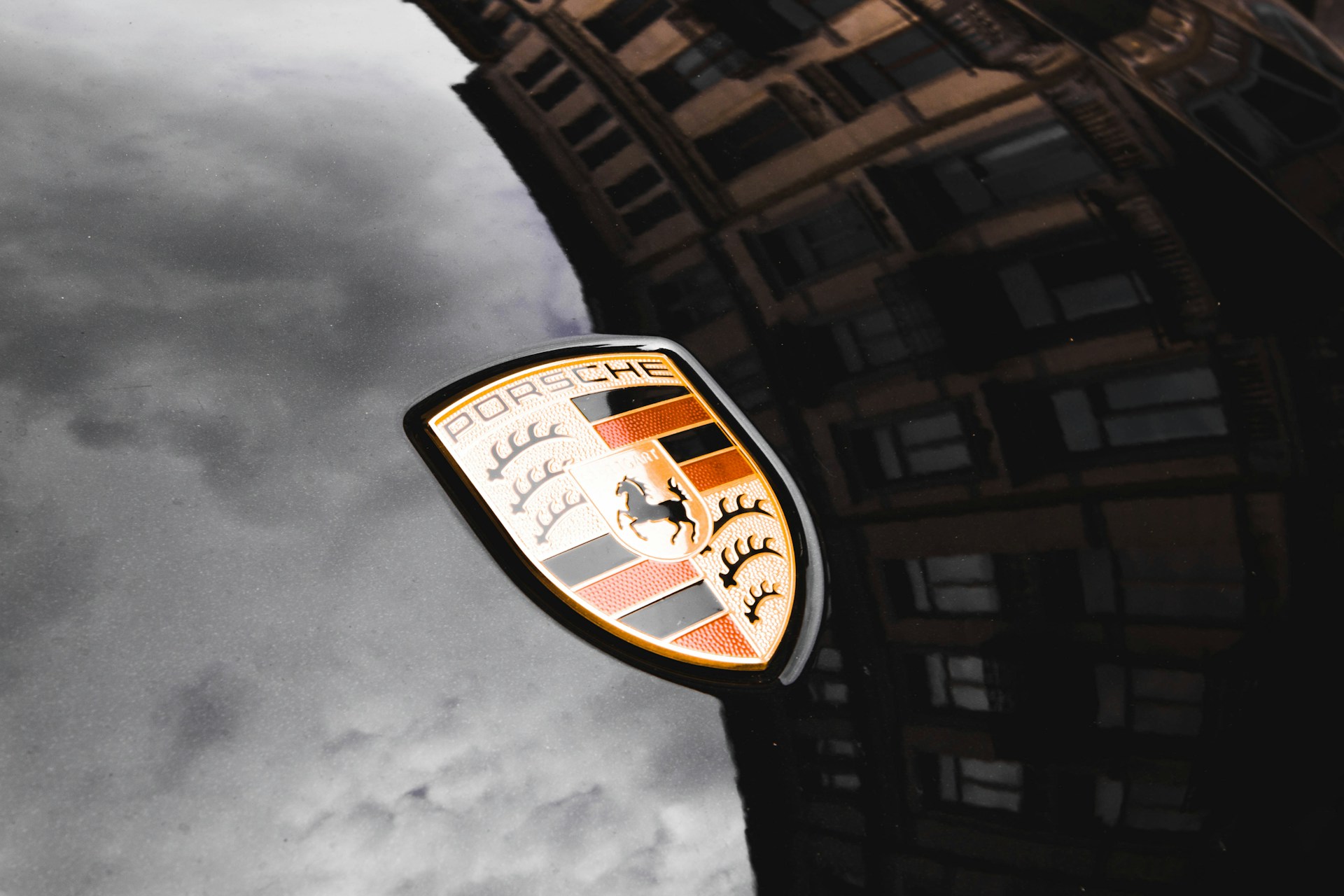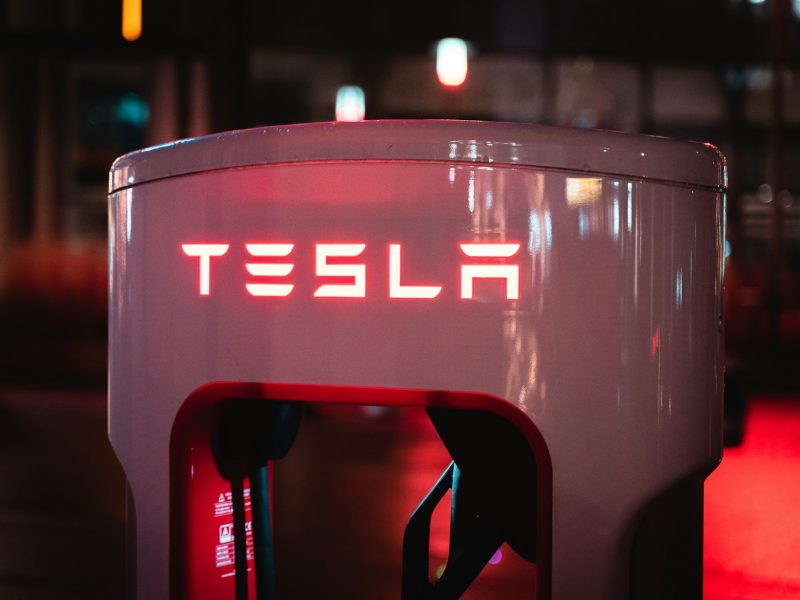Stuttgart – The German automotive industry is facing a critical turning point. Following announcements from Bosch and ZF Friedrichshafen regarding job cuts, Volkswagen (VW) is now taking significant measures as well. A plant is slated for closure, and widespread cost-cutting and job reductions are on the horizon. The news has sparked massive protests across several VW facilities worldwide, but how are Porsche, a subsidiary of VW, and its competitor, Mercedes-Benz, responding to these developments? Here’s a closer look at how these two automotive giants are reacting to VW’s drastic cost-saving measures.
The Impact on Porsche
At Porsche, around 600 temporary contracts expired at the end of 2023. However, the Stuttgart-based luxury sports car manufacturer has managed to avoid large-scale job cuts for many years. While the automotive industry grapples with challenges brought on by electrification, digital transformation, and increasing competition, Porsche has maintained a steady workforce, largely due to its successful luxury brand and strong global demand for high-performance vehicles.
Unlike its parent company VW, which is undergoing severe restructuring to adapt to changing market conditions, Porsche has strategically navigated through economic shifts without resorting to drastic workforce reductions. The company’s focus on electric vehicle development and its premium pricing strategy have allowed it to sustain profitability, making it less vulnerable to cost-cutting measures than other brands under the VW umbrella.
Mercedes-Benz’s Approach to Market Challenges
Mercedes-Benz, another major player in the German automotive industry, is also feeling the pressure of market changes. However, the company has taken a more cautious approach to job cuts compared to its rivals. While Mercedes-Benz is also navigating the complexities of transitioning to electric vehicles and facing the same global supply chain disruptions, the luxury automaker has focused on cost optimization without the immediate need for extensive layoffs.
Mercedes-Benz has invested heavily in electric mobility and autonomous driving technologies, which are key to its long-term strategy. By focusing on efficiency and innovation, the company aims to remain competitive in the evolving automotive landscape. Although some restructuring efforts are underway, Mercedes-Benz has not announced any drastic job cuts similar to VW’s measures.
Broader Implications for the Industry
The German automotive sector, long considered a pillar of the nation’s economy, is undergoing a profound transformation. Traditional internal combustion engines are being phased out in favor of electric powertrains, and automakers are forced to pivot toward sustainable and innovative technologies. While VW’s aggressive cost-cutting measures, including plant closures and layoffs, are a stark reminder of the challenges facing the industry, companies like Porsche and Mercedes-Benz are striving to adapt without resorting to such extreme actions.
The road ahead is uncertain, and with the increasing push for greener vehicles, the pressure to innovate will only intensify. While some companies are forced to make difficult choices, others, such as Porsche and Mercedes-Benz, are exploring alternative strategies to remain competitive and profitable in this rapidly changing environment.


